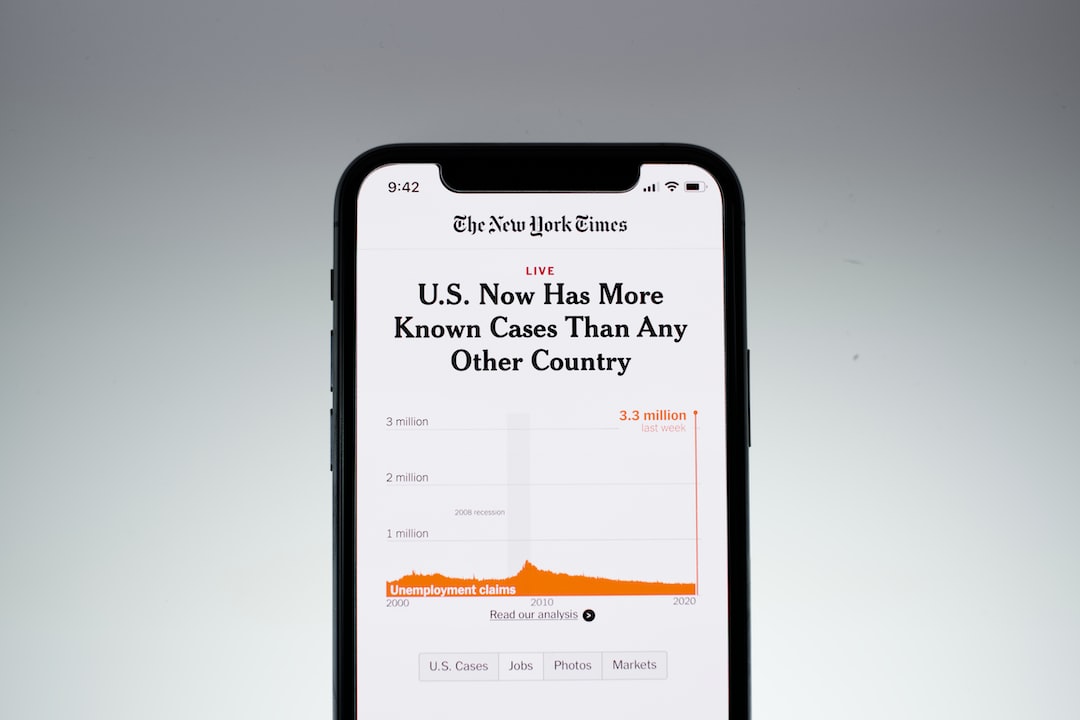Title: Breaking: Major Transportation Strike Disrupts Daily Commutes
Introduction
In a significant turn of events, a major transportation strike has taken place, causing severe disruptions to daily commutes across the city. This unexpected development has left thousands of commuters stranded, leading to frustration, inconvenience, and an urgent need for alternate commuting solutions. In this blog post, we’ll dive into the causes, impacts, and potential solutions to mitigate the disruption caused by this transportation strike.
Causes of the Transportation Strike
The transportation strike was triggered by long-standing grievances of the transport workers, including inadequate pay, poor working conditions, and lack of benefits. Despite ongoing negotiations between the workers’ union and transportation authorities, an impasse was reached, forcing the workers to take drastic measures of protest. As a result, public transportation services such as buses, trains, and trams have come to a complete halt, leaving many commuters in a challenging situation.
Impact on Daily Commutes
The strike has had a significant impact on the daily routines of commuters, with many struggling to find alternative modes of transportation. Those dependent on public transport have been compelled to seek alternative options, such as carpooling, ride-sharing services, or even cycling, which may not be feasible for everyone. The sudden surge in demand for these alternatives has led to overcrowding and longer commute times. Furthermore, the absence of public transportation has inevitably caused traffic congestion, adding to the frustration of commuters who rely on private vehicles.
Mitigating Solutions
In times of such transportation crises, it becomes imperative to explore potential solutions to alleviate the hardships faced by commuters. Here are a few measures to consider:
1. Temporary shuttle services: Transport authorities should organize temporary shuttle services to ferry commuters between major bus and train stations, helping bridge the gap left by public transportation.
2. Increased ride-sharing incentives: Companies offering ride-sharing services could provide enhanced incentives to both drivers and passengers during the strike period, encouraging more people to share rides and reduce traffic congestion.
3. Flexibility in work schedules: Employers should consider implementing flexible work hours or remote work options, allowing employees to avoid peak commuting hours when traffic congestion is most severe.
4. Promote cycling and walking: Local authorities can encourage cycling and walking by improving infrastructure and providing temporary incentives, such as discounted bike rentals or free walking tours, to promote healthy alternatives to public transportation.
5. Facilitate carpooling initiatives: Employers, municipalities, and community organizations should collaborate to facilitate carpooling initiatives, such as designated parking areas for carpooling groups and incentivizing employees to carpool.
Conclusion
The sudden transportation strike has undoubtedly disrupted daily commutes, forcing commuters to seek alternative modes of transportation. However, with proactive measures such as temporary shuttle services, increased ride-sharing incentives, flexible working hours, and encouragement of cycling and carpooling initiatives, it is possible to alleviate some of the inconveniences caused by this strike. It is crucial for all stakeholders to collaborate and find innovative solutions to ensure that commuters can navigate through these challenging times with minimal disruption.

